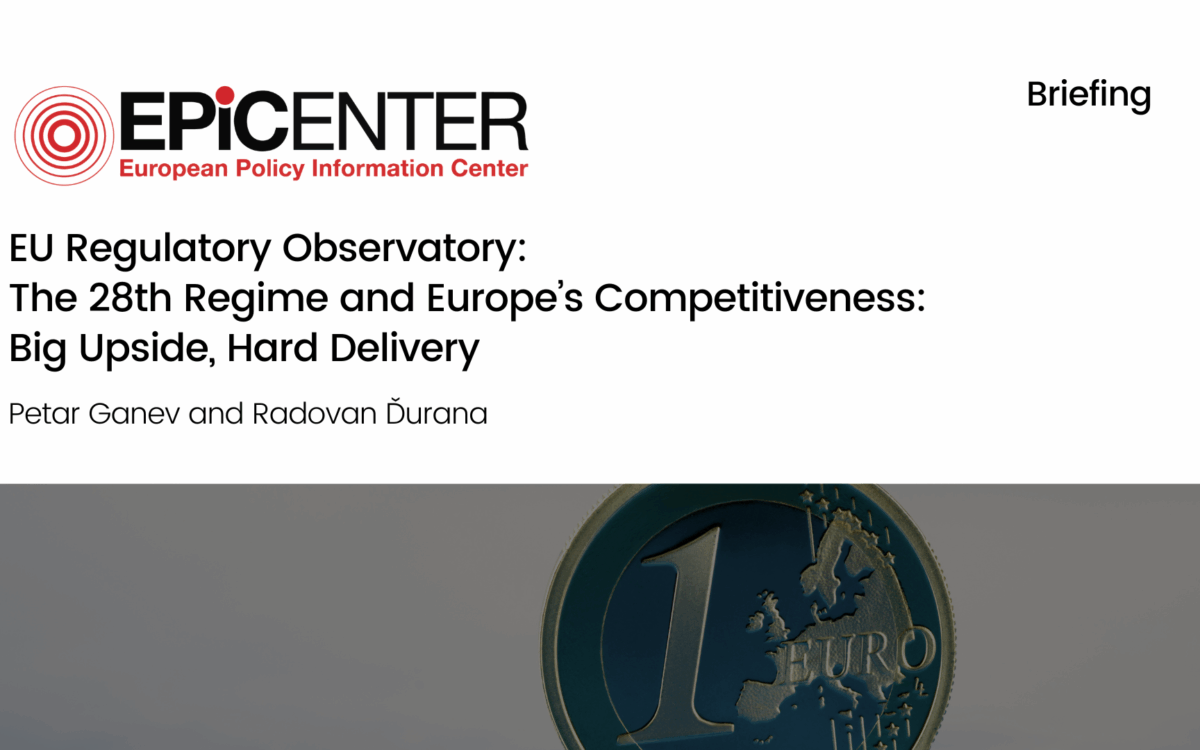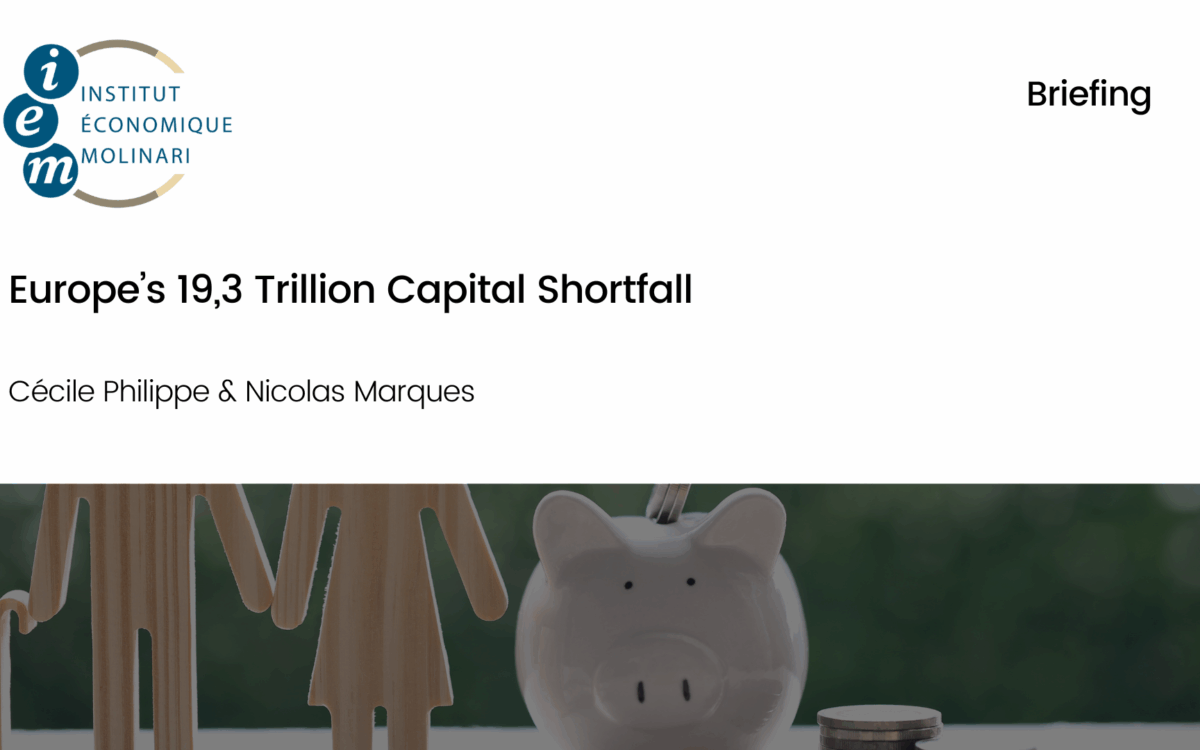Where Did the Digital Market Act Lose Competition, Property, Innovation and User Interests?

Where Did the Digital Market Act Lose Competition, Property, Innovation and User Interests?
9 March 2022
The European Parliament, the European Commission, and the European Council continue negotiations on the Digital Markets Act (DMA), a proposed regulation aimed at curtailing the anti-competitive behaviour of big digital players and creating a level playing field for everybody. Intentions notwithstanding, the DMA is not likely to harmonise the field and may hurt end users and small and medium enterprises (SMEs) in addition to the big platforms themselves and ultimately hamper this dynamic and innovative market.
The DMA is based on vague concepts and a dubious impact assessment with wishfully positive projected outcomes and underestimated negative consequences. Proposed with the goal of improving the innovative capacity of the European Union and enhancing the digital sector, the act, ironically, ignores both consumer interests and the basic mechanisms of competition and innovation.
This discussion on improving the functioning of digital markets is dominated by a political viewpoint, marginalising discussions about economic consequences. By failing to address how innovations and technologies are created and what motivates people to pursue them, the DMA will hinder Europe’s creative potential.
Download or share this publication
View the PDF
EPICENTER publications and contributions from our member think tanks are designed to promote the discussion of economic issues and the role of markets in solving economic and social problems. As with all EPICENTER publications, the views expressed here are those of the author and not EPICENTER or its member think tanks (which have no corporate view).



